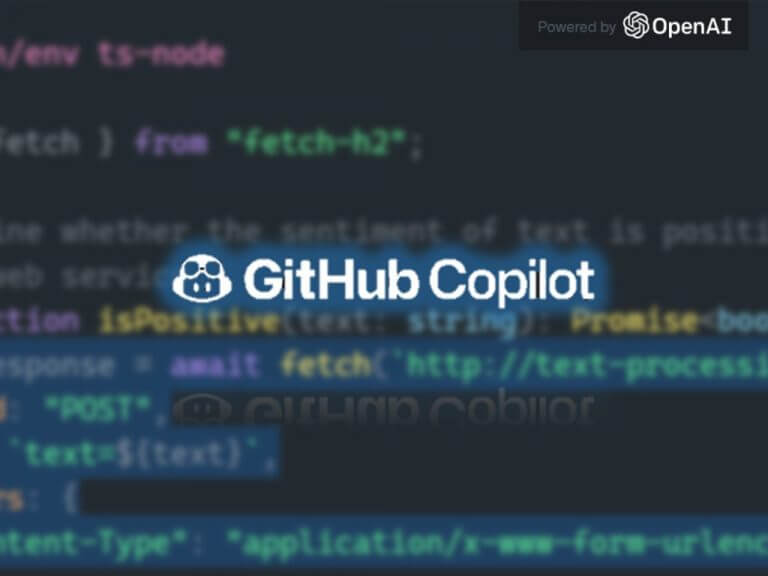The world of software development continues to evolve with the introduction of generative AI coding tools like GitHub Copilot. These tools have the potential to revolutionize daily coding tasks, from documentation to unit test generation, by streamlining workflows and boosting productivity. However, as with any emerging technology, there is a learning curve associated with using AI-powered coding assistants effectively. To address this challenge, GitHub developer advocates Rizel and Michelle have shared valuable insights, examples, and best practices in a comprehensive, prompt guide for GitHub Copilot.
GitHub Copilot, developed in collaboration with OpenAI, is built upon OpenAI’s GPT-3.5 architecture and is trained on a vast corpus of publicly available code. The AI-powered tool, released in 2021, has gained rapid popularity among developers due to its ability to generate code suggestions and snippets in real-time.
As experienced developers and AI enthusiasts themselves, Rizel and Michelle provide practical tips for working effectively with GitHub Copilot. The guide covers various aspects, including prompt engineering, best practices, and additional tips. One key recommendation is to set the stage by providing a high-level goal to GitHub Copilot. By giving an overview of what you want to accomplish, you prime the AI pair programmer and facilitate more effective collaboration. It’s akin to having a conversation with a programming partner, breaking down the problem, and discussing the approach.
Simplicity and specificity are crucial when making requests to GitHub Copilot. By articulating the logic and steps required to achieve the goal, developers can help the AI pair programmer better understand their intentions. Breaking down the problem into discrete steps, rather than overwhelming Copilot with a large code request, ensures a more focused and accurate response.
In addition to the best practices, the guide also includes three extra tips to further refine the conversation with GitHub Copilot. Experimenting with prompts allows developers to iterate and refine their requests for better outcomes. Keeping a couple of relevant tabs open in the IDE helps Copilot contextualize the code by processing multiple files. Following good coding practices, such as using descriptive variable names and adhering to consistent styles and patterns, not only improves code quality but also enhances AI-generated code.
Rizel and Michelle emphasize the importance of critical thinking and validation when working with AI-generated code. While GitHub Copilot leverages massive language models to generate code, it is essential for developers to review, assess, and analyze the suggestions to ensure accuracy and meet specific requirements.
The prompt guide for GitHub Copilot shared by Rizel and Michelle acknowledges the ongoing learning process associated with generative AI technology. It aims to accelerate collective learning and foster progress over perfection in this exciting era of software development. Developers are encouraged to leverage these insights to make the most of GitHub Copilot’s capabilities and drive productivity in their coding endeavors.


